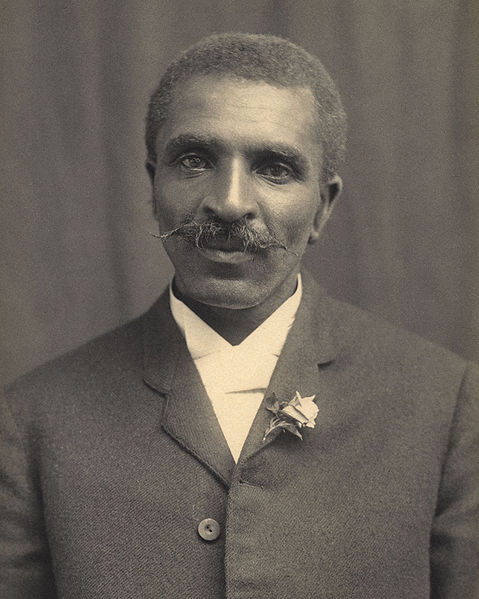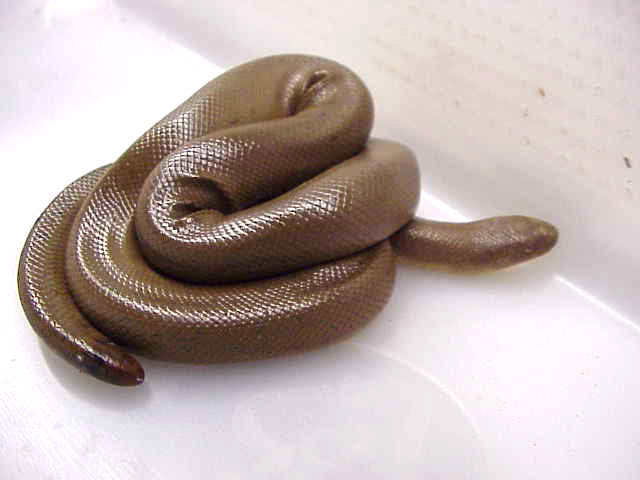 |
| Former Mayor Jim West |
And this is really old news.
The story broke in 2005. West was recalled from office, and died soon after from cancer. The only reason why I'm thinking about it is because my media ethics professor was the editor of the paper which covered the story, and we've been talking about it a lot in class.
We watched a documentary about it. You can watch it online. West behaved badly - there isn't much doubt about that. The reason why I'm bringing it up is because at the end of the documentary, I spotted something I thought was really beautiful.
This disgraced politician, now hated by nearly every community within his sphere of influence, with a history of being a ruthless campaigner, recalled out of office by formerly loyal voters...is invited, welcomed, and embraced by a local church. It's near the end of the documentary segment called "A New Revelation," at 6:45.
I mean, sure, it's sort of a typical thing to do, isn't it? After a politician messes up, he'll claim he found God to get the Christian vote on his side. Even my professor said, "I think it's predictable. It may be sincere -- it's not for me to say one way or another -- but it's certainly not surprising." I guess none of us are qualified to decide who's sincere about their faith and who isn't. What's beautiful is this church didn't care about that. They loved him anyway.
Bethel African Methodist Episcopal Church is probably exactly what it sounds like. It's mostly black, with those loud kinds of services where people call out "amen" and "preach it" and probably dance in the aisles when they good and feel like it. The pastor invited West one day during a prayer breakfast and West went and kept going because he felt welcome.
 |
| Looks like a pretty chill place, actually. |
"Because they invited me to," West replies. "Because they welcomed me into their family." (YEAH!!)
One reporter went to the church with West while doing a follow-up piece on his life and reported back an interesting story.
West claps to the gospel music with some self-consciousness. (He points out a white man who, he says, "is the only white guy here with real rhythm.")He could have been playing it up for the reporter, sure. I don't think anybody can know either way about that. But it really reminds me of another story.
Mitchell announces his sermon by saying he wants to talk about something so powerful "sometimes we even love it more than God. What is it that's so much fun? It's sin."
Specifically, Mitchell charts a course of sin from watching scantily clad women on MTV — "a foothold to the devil" — to looking at dirty movies and becoming subsumed in the online world.
"The next thing you know you are looking at things on the Internet you had no idea existed. You better stop peeking. Peeking will get you hurt," Mitchell bellowed in his full crescendo. "Peeking will mess your mind up. Peeking will set you apart from everybody."
...
There are lots of "amens" and heads nodding and parishioners urging Mitchell on. The mayor listens and says quietly, "He's talking to me."
That's from Luke 18, verses 9-12. It's Jesus talking. And you do know what he said about these two men?He told his next story to some who were complacently pleased with themselves over their moral performance and looked down their noses at the common people: “Two men went up to the Temple to pray, one a Pharisee, the other a tax man. The Pharisee posed and prayed like this: ‘Oh, God, I thank you that I am not like other people—robbers, crooks, adulterers, or, heaven forbid, like this tax man. I fast twice a week and tithe on all my income.’“Meanwhile the tax man, slumped in the shadows, his face in his hands, not daring to look up, said, ‘God, give mercy. Forgive me, a sinner.’”
Jesus commented, “This tax man, not the other, went home made right with God. If you walk around with your nose in the air, you’re going to end up flat on your face, but if you’re content to be simply yourself, you will become more than yourself.”I've talked to a lot of people who believe Christianity is all about rules. That it's all about behaving right. But the more I learn about Jesus...I don't think he cares about that much, if at all.
I forget sometimes what the world was like when Jesus had his ministry. He lived in, huh, what would you call it... a protectorate of Rome? And Rome was crazy. They had all kinds of funky behaviors going on, things that wouldn't even be acceptable in our time. I mean, Nero had young boys whose only job was to "nibble" him while he was in the pool. But is that what Jesus focused on? Not from what I've read in the Bible. From what I've read, it seems to me the only people he ever really chewed up were the ones who thought they had it all together. The rule-followers. The religious elite.
His followers were shocked by the types of people Jesus hung out with. They were social outcasts: the terminally ill, the insane, the taxmen who were the dregs of society, prostitutes and low-class workers. And it wasn't like they were his pity projects. He really loved them. He treated them like his family.
It just makes me think...
I could follow all the rules. I could do everything right. I could become a successful public relations professional and make enough money to donate huge sums to charity. I could pray every day on my knees. I could frown disapprovingly at people who don't follow the rules as well as I do and lecture them about how to be better. I could go to church services three times a week, and maybe even lead a Bible study.
But if I do not love, I am nothing.














